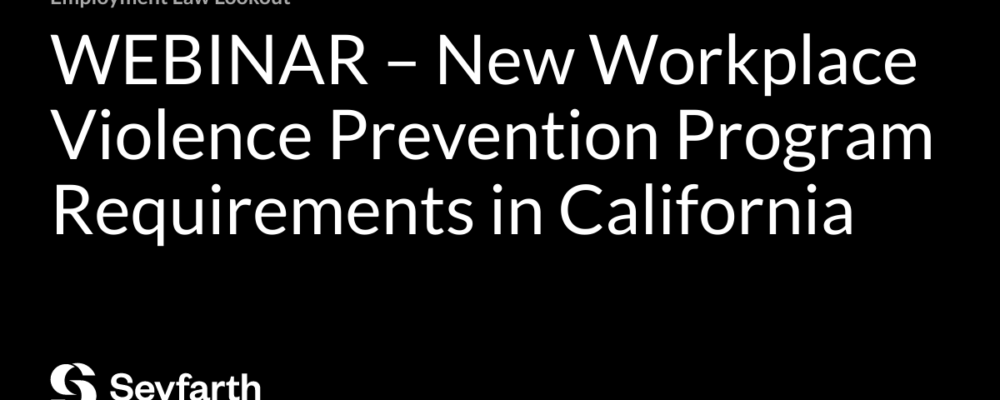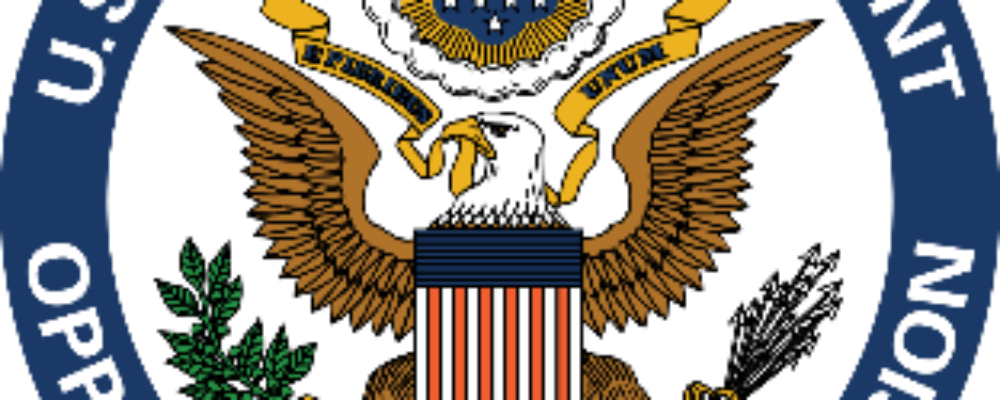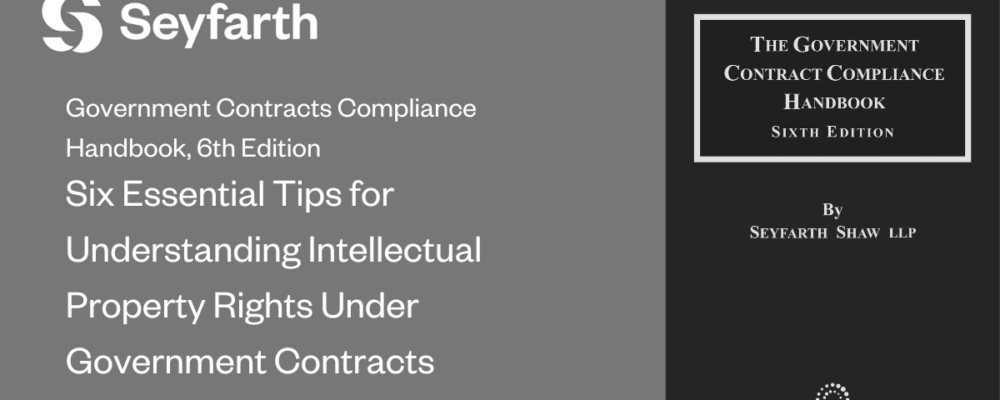Seyfarth Synopsis: Out with the old and in with the new. Governor Newsom recently signed new laws which extend and clarify employees’ available reasons for use of California paid sick leave. There are expanded unpaid leave protections for victims of domestic violence, sexual assault, stalking, or qualifying acts of violence, as well as for employees summoned to jury duty or responding to a subpoena or court order to testify under FEHA. The changes go into effect on January 1, 2025.
As we previously detailed, in 2023, the California legislature significantly expanded the state’s Healthy Workplaces, Healthy Families Act of 2014 (HWHFA), primarily by providing more leave. This year, Governor Newsom signed bills into law that expand paid sick leave protections.
Preventative Care for Outdoor Workers
In the last few years, California employment laws have zeroed in on extreme conditions. For example, Cal/OSHA implemented heat illness standards, and employees cannot be retaliated against for refusing to report to work in emergency conditions. In this vein, SB 1105 provides that agricultural employees who work outside may use PSL to avoid smoke, heat, or flooding conditions created by a local or state emergency, including when a worksite is closed due to these conditions. The legislature considered this a clarification of the HWHFA’s provision that PSL can be used for preventive care even though the current FAQs do not contemplate this definition. We expect California to update its FAQs to address this and the changes addressed in AB 2499 before the end of the year.
Victim Status Extended And PSL Used As Safe Time
SB 1105 and AB 2499 collectively brought more expansive changes. Existing law provides for using PSL where there is domestic violence, sexual assault, and stalking; it will now be available to victims of “qualifying acts of violence,” i.e., conduct, or patterns of conduct that justify safe time, including when:
- an individual causes bodily injury or death to another individual;
- an individual exhibits, draws, brandishes, or uses a firearm, or other dangerous weapon, with respect to another individual; and
- an individual uses, or makes a reasonably perceived or actual threat to use, force against another individual to cause physical injury or death.
PSL Available If A Family Member Is A Victim
The HWHFA previously limited use of PSL for safe time to when an employee was a victim. The combination of SB 1105 and AB 2499 extends this category of leave to employees whose family members are victims as well. (And, as a reminder, as of January 1, 2023 the HWHFA’s definition of “family member” was expanded to include a “designated person” of the employee.)
More Reasons To Use PSL
Previously, an employee-victim could only use PSL for their own reasons (not to assist a family member) in a handful of specific categories. AB 2499 extends existing rights to take time to obtain restraining orders, seek medical attention, obtain certain services or counseling and participate in safety planning to family members. It also creates new explicit rights to take time for relocation, enrolling children in a new school, obtaining legal services, participating in legal proceedings and obtaining childcare in connection with qualifying acts of violence.
The law also allows employees to use paid sick leave for time spent serving on a jury or a victim who takes time off to appear as a witness in court in compliance with a subpoena or court order.
Protecting Leave For Jury Duty, Victims, And Subpoenaed Witnesses Under FEHA
Previously the California Labor Code afforded unpaid leave protections for jury duty, victims serving as witnesses in compliance with a subpoena or court order, and victims of domestic violence, sexual assault, stalking, or crimes. AB 2499 reformulates these protections under the umbrella of the Fair Employment Housing Act. This shift gives the Civil Rights Department (“CRD”) enforcement authority over violations of these protections, and eliminates potential Private Attorneys’ General Act claims for such violations.
This move came with additional changes, including limiting the duration of leave employers with at least 25 employees must provide. First, a victim of a qualifying act of violence may take no more than 12 weeks of unpaid leave. Second, if an employee’s family member is a victim of a non-fatal crime, and the employee takes leave for the limited purpose of relocating or securing a new residence and enrolling a child in a new school or child care, the employee may take no more than 5 days of leave. Third, when an employee’s family member is a victim of a non-fatal crime, the employee may take no more than 10 days of leave.
Absences that would also qualify under the Family and Medical Leave Act (FMLA) or CFRA must run concurrently if the employee is eligible.
AB 2499 also expands eligibility for reasonable accommodations to include employees who are victims, or whose family members are victims of a qualifying act of violence to ensure the safety of the employee while at work.
Required Notice
Employers must inform employees of their rights under AB 2499 at the time of hire, annually, upon request, and if an employee provides notice that their family member is a victim as defined under the law.
The CRD will be developing a form that complies with these notice requirements before July 1, 2025—six months after the law goes into effect.
Workplace Solutions
As AB 2499 and SB 1105 go into effect in less than three months, here are some next steps for employers to consider:
-
- Review existing leave policies and practices to ensure compliance with the new laws, including related attendance, conduct, anti-retaliation, and discipline policies and practices.
-
- Train supervisory and managerial employees, and HR on the new requirements.
-
- Develop a form to comply with the notice requirements to use in advance of the CRD’s development of a form.
Seyfarth is here to help employers with solutions and recommendations to comply with California and nationwide paid leave requirements. Check out the CalPeculiarities Blog for updates on other laws affecting California employers.
Edited by Elizabeth Levy
“With approximately 900 lawyers across 17 offices, Seyfarth Shaw LLP provides advisory, litigation, and transactional legal services to clients worldwide.”
Please visit the firm link to site






